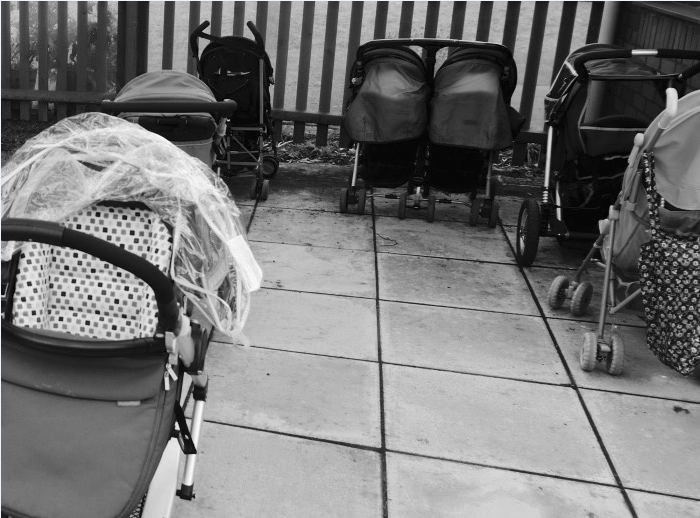Unequal division of childcaring responsibilities is a key driver of wider gender inequality and the gender pay gap. Following an inquiry, the UK Parliament’s Women and Equalities Committee has published a report with options for reform of the statutory shared parental leave scheme and statutory paternity rights, with the aim of identifying the most effective ways of incentivising more equal sharing of childcare and wider domestic responsibilities between mothers and their partners.
ISER Research Fellow, Dr Laura Fumagalli, submitted new evidence on parents’ attitudes and beliefs about Shared Parental Leave to the Inquiry, summarising her recent research with Dr Sonkurt Sen and Dr Greta Morando.
Our evidence
Both men and women generally believe that a more equal division of early childcare between parents — where fathers take longer leave under Shared Parental Leave — would benefit:
- Mothers (in terms of mental health and labour market participation).
- Fathers (by strengthening their bond with the child and increasing long-term paternal involvement).
- Children (by enhancing educational outcomes).
When deciding whether to take Shared Parental Leave, fathers tend to consider its impact on child outcomes but not its potential benefits for mothers or their own bond with the child.
Would more information help?
A randomised controlled trial where a treatment group was given information on the non-financial benefits of fathers taking Shared Parental Leave (based on evidence from economic research) led to:
- Improved awareness of these benefits.
- Suggestive increase in the number of weeks of Shared Parental Leave that women (but not men) think should be transferred to fathers.
- Increase in requests for higher financial support for Shared Parental Leave.
Gender norms and financial constraints remain significant barriers to fathers taking Shared Parental Leave.
This evidence is from groundbreaking new research on attitudes to parental leave.
“Our research is the first to provide unique insights into how people perceive the longer-term equality impacts of Shared Parental Leave on children’s and mothers’ health, mothers’ labour market participation and children’s education, as well as on future equal sharing of caring duties.
Our study also provides crucial evidence on the reasons behind low Shared Parental Leave take-up and offers suggestions on how to increase it.
Additionally, it helps reconsider the role of the current maternal transfer in favour of a fully joint right.”
“We collected new data from a representative sample of UK residents of childbearing age who are married, cohabiting, or in stable relationships. We used vignettes to elicit respondents’ expected returns from transferring weeks of Shared Parental Leave from the mother to the father. We also gathered information on respondents’ gender attitudes and the financial and non-financial barriers to Shared Parental Leave take-up. Finally, we employed a randomized survey experiment that simulates the effects of an information campaign about the non-financial benefits of Shared Parental Leave on respondents’ perceptions of these benefits and support for Shared Parental Leave.”
Read our full submission to the Inquiry here
